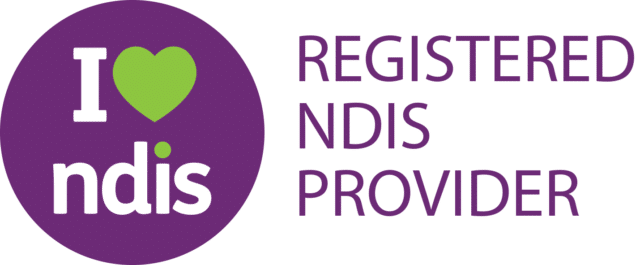what is vocal misuse
Vocal or voice misuse are vocal behaviours leading to traumatic tissue changes of the vocal folds. Vocal trauma can be caused by life stresses, reflux disease, psychological issues (i.e. anxiety, depression, environmental factors (i.e. smoking or airborne irritants), speaking in a hoarse, rough, strained or excessively high pitch voice (i.e. screaming).
Those that work in fields that require the frequent use of their voice (i.e. teachers, fitness instructors and signers) may experience vocal trauma that can lead to physical changes of the vocal folds. This can include, the development of vocal fold nodules or polyps, contact ulcers, thickening of the vocal folds, tension and tightness.
Why you need to start caring for your voice now?
What are functional voice disorders?
Functional voice disorders are different from an organic voice disorder which is caused by a physical problem with your vocal cords. Functional disorders are usually caused by bad habits such as smoking or improper use of the voice. This can include things like yelling, screaming, signing too much, talking too much or demonstrating fitness exercises whilst giving instructions.
11 ways to maintain your vocal hygience
- Hydration – be sure to drink plenty of water and fluids throughout the day. Room temperature water is best. This provides lubrication and protection to the vocal folds. Many soft drinks and hot beverages, such as coffee and teas, have caffeine in them. These speed up the dehydration process. Up to 2 litres of water a day is recommended. There are also many helpful hydration tracker Apps which you can download onto your mobile phone.
- Breathing – our breath powers our voice. It is important to make sure you have enough air support for everything you need to say. Try not to speak until the end of your breath. Renew your breath by pausing throughout speaking if necessary.
- Posture – a slouched posture may lead to poor breath support, which can result in a weak, ineffective, hoarse voice. If you are standing or sitting, have your shoulders back and down, your neck relaxed, your face muscles relaxed, and your hands gently falling/resting by your side.
- Diaphragmatic breathing (i.e. belly breathing) – use this method of breathing both before and after a conversation to maximise breath support. To do this, place yourself in a relaxed posture, as stated above, and breathe in through your nose. Place your hands on your belly as you breathe in and feel the air fill deep down into your lungs. Breathe out through your mouth using pursed lips, like you are blowing out candles on a birthday cake. Use your hands on your belly to feel the air from your lungs empty out. Repeat for 5 breaths.
- Nose breathing – avoid breathing in through your mouth, especially in cold weather. Breathing through your nose cleans, warms and moistens the air before it reaches your vocal folds and lungs.
- Avoid singing or speaking in a pitch/at a volume which puts strain on your voice. Avoid yelling and screaming. Avoid talking loudly in noisy environments.
- Do not whisper – whispering has a drying effect on the vocal folds and can cause strain.
- Rest and staying healthy – get enough rest and maintain a healthy, balanced lifestyle.
- Do not smoke and avoid excessive alcohol consumption – these lead to drying of the vocal folds and exposure to harmful substances.
- Seek support from medical professionals, such as a Psychologist, on ways to manage psychosocial issues such as anxiety which may lead to vocal trauma.
- Seek support from a Speech Pathologist on ways to further implement strategies into day-to-day routines to maintain health vocal habits.
start your treatment today
Don’t wait to seek treatment for your voice. The sooner you start treatment, the better your chances are of managing your symptoms and living a normal healthy life. At Communicate Speech we offer online speech therapy appointments to identify functional voice disorders as well as providing individualised treatment plans to maintain your vocal hygiene.
If you have any further questions, or would like the help from one of our therapists, you can contact us on 02 9328 3444 or at info@communicatespeech.com.au.
Disclaimer: Communicate Speech Pathology provides the above resource for the benefits of our clients. For some voice disorders, surgery and/or medication may be required. Management of voice disorders should be conducted in conjunction with your General Practitioner and/or ENT.




